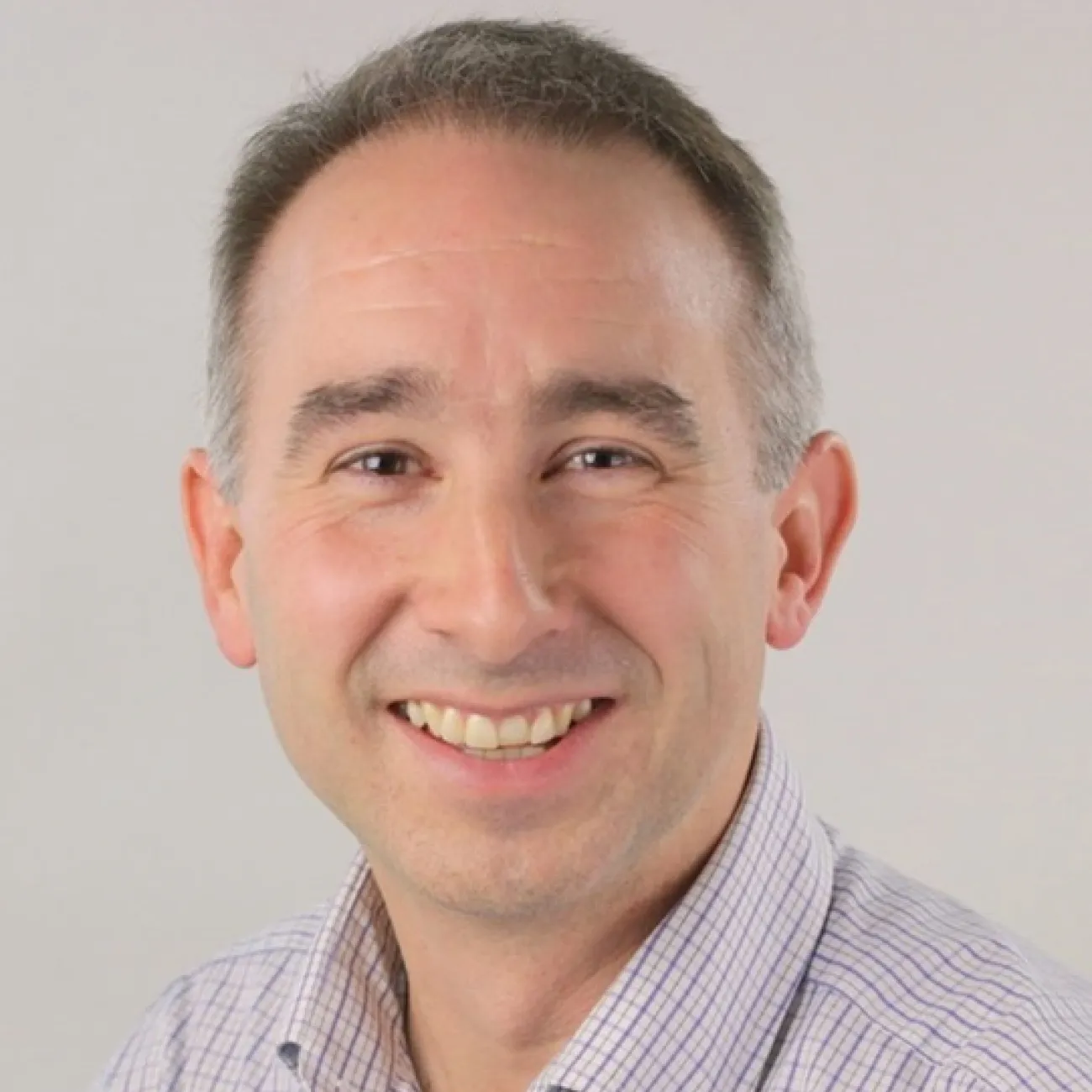Research
Research groups
Research projects
Active projects
Researchers:
Completed projects
Researchers:
Sponsor: EPSRC
Researchers:
Sponsor: The Research Council of Norway
Sponsor: EPSRC
Sponsor: EPSRC
Researchers:
Sponsor: EPSRC
Researchers:
Sponsor: EPSRC
Researchers:
Sponsor: Defense Advanced Research Projects Agency
